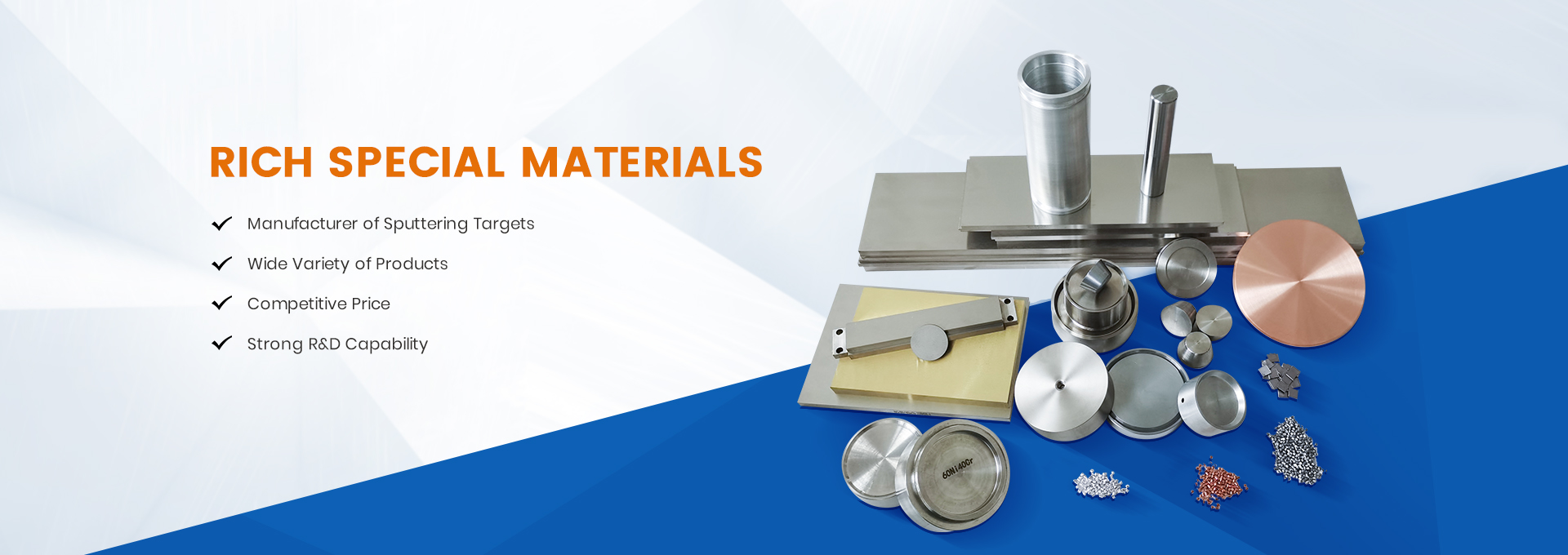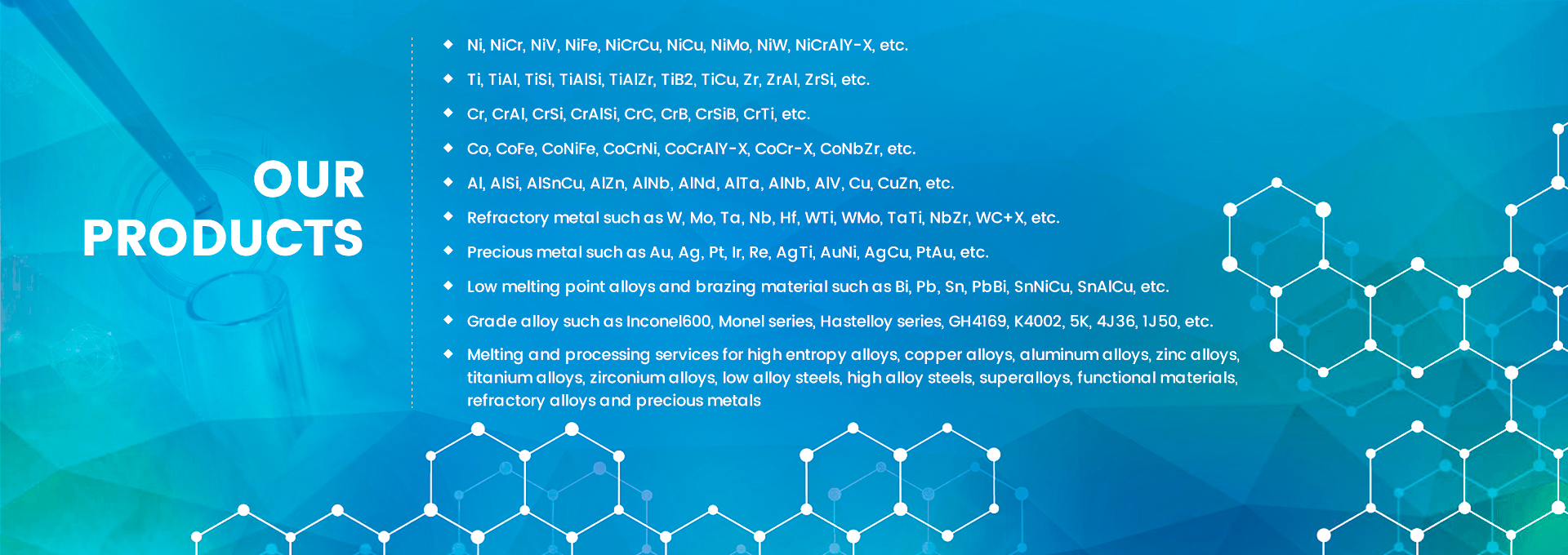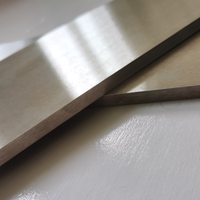Refractory metals are a kind of metal materials with excellent heat resistance and extremely high melting point.
These refractory elements, as well as a variety of compounds and alloys composed of them, have many common characteristics. In addition to high melting point, they also have high corrosion resistance, high density, and maintain excellent mechanical strength at high temperatures. These characteristics mean that refractory metals can be used in many fields, such as glass melting electrodes, furnace parts, sputtering targets, radiators and crucibles. Experts from the Technology Department of RSM introduced the two most commonly used refractory metals and their applications, namely, molybdenum and niobium.
molybdenum
It is the most widely used refractory metal and has excellent mechanical properties under high temperature, low thermal expansion and high thermal conductivity.
These properties mean that molybdenum can be used to manufacture durable parts for high heat applications, such as bearing parts, elevator brake pads, furnace parts, and forging dies. Molybdenum is used in radiators due to its high thermal conductivity (138 W/(m · K)).
In addition to its mechanical and thermal properties, molybdenum (2 × 107S/m), which makes molybdenum used to make glass melting electrode.
Molybdenum is usually alloyed with different metals for applications requiring thermal strength, because molybdenum still has high strength even at high temperatures. TZM is a famous molybdenum base alloy, containing 0.08% zirconium and 0.5% titanium. The strength of this alloy at 1100 ° C is about twice that of unalloyed molybdenum, with low thermal expansion and high thermal conductivity.
niobium
Niobium, a refractory metal, has high ductility. Niobium has high processability even at low temperatures, and has many forms, such as foil, plate and sheet.
As a refractory metal, niobium has low density, which means that niobium alloys can be used to manufacture high-performance refractory components with relatively light weight. Therefore, niobium alloys such as C-103 are usually used in aerospace rocket engines.
C-103 has excellent high temperature strength and can withstand temperatures up to 1482 ° C. It is also highly formable, where the TIG (Tungsten Inert Gas) process can be used to weld it without significantly affecting machinability or ductility.
In addition, compared with different refractory metals, it has a lower thermal neutron cross section, reflecting the potential in the next generation of nuclear applications.
Post time: Sep-29-2022




